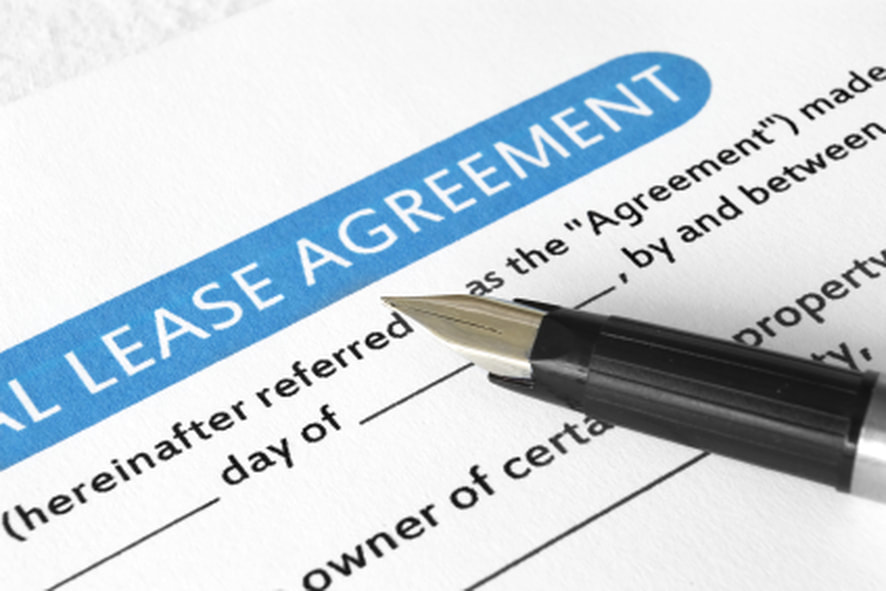Legal Guidance for Commercial Real Estate:
Leasing, Purchasing, and Contracts
Most business owners need to lease commercial space at one time or another.
Whether you’re leasing an office, a storefront, a warehouse or other space, you need a lawyer to review your commercial real estate agreements.
Unlike residential real estate which have many terms favorable to tenants as mandated by law, commercial real estate often heavily favor the landlord and may put your business assets and inventory at risk.
Maybe you have the opportunity to purchase a property for your business. There are many pitfalls and an adequate due diligence period for information exchange is critical.
Holmes Business Law P.C. has helped over 400 businesses in the past 8 years, our top-rated lawyers can help you with your commercial real estate needs, too.
Call today at 215-482-0285 or Book a Call
What is Involved in a Commercial Lease?
Signing a commercial lease can be an exciting endeavor.
It’s also fraught with pitfalls and landmines for the uneducated business owner.

While most people in their adult lives have likely rented residential property, most have not leased commercial property. They are often dismayed to find out just how onerous and landlord-friendly commercial lease terms can be.
How does the commercial leasing process start? Normally, it starts with finding a property the business owner would like to lease. This can be done by looking through online listings such as a loopnet, craigslist, or a commercial real estate broker website. If a business owner is looking for a brick and mortar retail location, the best way to find a space is to simply walk around the area you’d like to locate the business. Many vacant storefronts or other ground-level buildings will post “For Rent” signs in the window with a number to call.
Once you’ve contacted the broker or landlord, they will show you the space and you can discuss some preliminary terms. Many spaces are not priced at a monthly rent rate, rather, they are priced per square foot, annually. For example, if you are looking at a 1,000 sq ft space priced at $25.00 per sq ft, your annual rent will be $25,000. Divide that by 12 to arrive at a monthly rent of $2,083.33. Now, sounds easy, right? Not so fast.
Many leases are triple net, or NNN for short.
A triple net lease means that there is a base rate (in our example above, the base rate would be $2,083.33 per month), plus there is an additional monthly charge for insurance, taxes and maintenance.
Often, NNN can be substantial. If your intended space is in a shopping center, development or location with many other tenants and a large parking lot, expect NNN to be quite high. For example, if the NNN adds up to another $500 per month, your real monthly rent is $2,583.33. Quite a difference, right?
Other expenses are going to include utilities, repairs and sometimes significant maintenance. First-time commercial tenants are often shocked to find out they are responsible for replacing a broken or faulty heating or air conditioning unit, windows, doors and other systems. Many times a property is not in rentable condition and needs a rehab. The tenant could be responsible for those costs as well.
In a commercial lease, the key is: EVERYTHING IS NEGOTIABLE.
Don’t want to pay for the build out? Negotiate it.
Ask for delivery as a “vanilla box.” Ask the landlord to install a new heating and cooling unit with a warranty. Whether you get what you want or not depends on negotiating power. The more desirable a property is, the more likely it is that the landlord wields the negotiating power.
Just never forget that everything can be negotiated.
Once you have an idea of some preliminary terms, the broker or landlord may ask you to submit a letter of intent (LOI). The letter of intent is a great place to start a negotiation because you can put the terms you’re asking for and the landlord will respond before going forward with a full lease. Other times, the broker or landlord will give you their lease right away. This is a more difficult way to begin a negotiation for your commercial lease because the lease is going to be heavily skewed in the landlord’s favor and likely have many terms you would not want. At this point, you would be wise to contact a lawyer to review and redline the lease as well as explain any terms you do not understand.
What are some terms to expect in a commercial lease? Carefully check the square footage of the space, particularly in new construction where walls are not yet finished. There is a big difference between the square footage of the floor versus the useable square footage once the walls are done. The rental rate and the NNN charges should be specified, as well as the tenant’s obligations for maintenance. Any work to be done by landlord or tenant should be very specific and a timeline given.
On the financial side of things, there may be some very serious penalties for default, including a confession of judgment, rent acceleration clause and seizure of your business property. These are areas where it’s critical to get a lawyer familiar with commercial leasing negotiation and terms involved. As mentioned above, everything is negotiable, but what you don’t know can hurt you. In Pennsylvania, a confession of judgment is a very favored tactic to use by a commercial landlord and a failure to understand what it means is at your own peril.
If you need help negotiating, reviewing or drafting a commercial lease, reach out to our office. Our founder, Sarah Holmes, Esq., has taught a commercial leasing Continuing Legal Education (CLE) course on leasing for business owners for several years.
